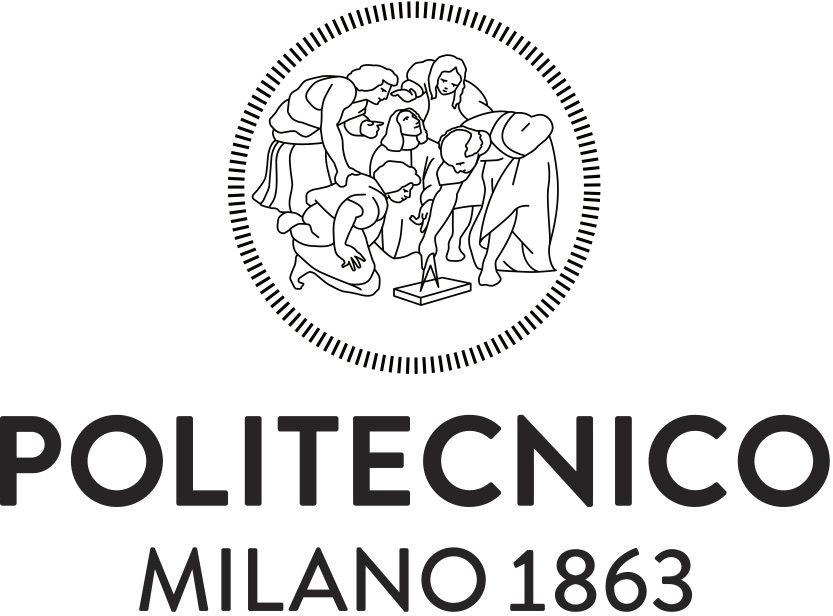This year I’m involved in the program committee of the Foundations track of ECMFA.
ECMFA 2016 is the 12th European Conference on Modelling Foundations and Applications and is co-located with STAF 2016, on 4-8 July, 2016, in Vienna, Austria. Here are some core excerpts from the call for papers, which could be of interest for software modelling practitioners.
The ECMFA conference series is dedicated to advancing the state of knowledge and fostering the industrial application of Model-Based Engineering (MBE, an approach to the design, analysis and development of software and systems based on high-level models and computer-based automation). Its focus is on engaging the key figures of research and industry in a dialog which will result in stronger and more effective practical application of MBE, hence producing more reliable software based on state-of-the-art research results.
The official conference web site is available at: http://ecmfa2016.itu.dk/
ECMFA 2016 will be co-located with ICMT, TAP, SEFM, ICGT and TTC as part of
the STAF federation of conferences, leading conferences on software
technologies (http://stafconferences.info). The joint organization of
these prominent conferences provides a unique opportunity to gather
practitioners and researchers interested in all aspects of software
technology, and allow them to interact with each other.
ECMFA has two distinct Paper Tracks: one for research papers (Track F)
dealing with the foundations for MBE, and one for industrial/applications
papers (Track A) dealing with the applications of MBE, including experience
reports on MBE tools.
Research Papers (Track F)
In this track, we are soliciting papers presenting original research on all
aspects of MBE. Typical topics of interest include, among others:
- Foundations of (Meta)modelling
- Domain Specific Modelling Languages and Language Workbenches
- Model Reasoning, Testing and Validation
- Model Transformation, Code Generation and Reverse Engineering
- Model Execution and Simulation
- Model Management aspects such as (Co-)Evolution, Consistency, Synchronization
- Model-Based Engineering Environments and Tool Chains
- Foundations of Requirements Modelling, Architecture Modelling, Platform Modelling
- Foundations of Quality Aspects and Modelling non-functional System Properties
- Scalability of MBE techniques
- Collaborative Modeling
Industrial Papers (Track A)
In this track, we are soliciting papers representing views, innovations and
experiences of industrial players in applying or supporting MBE. In
particular, we are looking for papers that set requirements on the
foundations, methods, and tools for MBE. We are also seeking experience
reports or case studies on the application, successes or current
shortcomings of MBE. Quantitative results reflecting industrial experience
are particularly appreciated. All application areas of MBE are welcomed
including but not limited to any of the following:
- MBE for Large and Complex Industrial Systems
- MBE for Safety-Critical Systems
- MBE for Cyber-Physical Systems
- MBE for Software and Business Process Modelling
- MBE Applications in Transportation, Health Care, Cloud & Mobile computing, etc. …
- Model-Based Integration and Simulation
- Model-Based System Analysis
- Application of Modeling Standards
- Comparative Studies of MBE Methods and Tools
- Metrics for MBE Development
- MBE Training
Research papers should be up to 16 pages long; Industrial
papers should be 12 pages long (full papers), or 2 pages long (short
papers). Short papers will be given shorter presentation slots.
The authors of selected best papers from the foundations track will be
invited to submit extended version to a special issue of the SoSyM journal
(with another review process).
Important dates for authors:
Abstract submission deadline: February 15, 2016 AoE
Papers submission deadline: March 1, 2016 AoE
Notification to authors: April 7, 2016
Camera ready versions due: April 28, 2016
The complete call for papers is available here in text and here as pdf.
To keep updated on my activities you can subscribe to the RSS feed of my blog or follow my twitter account (@MarcoBrambi).


